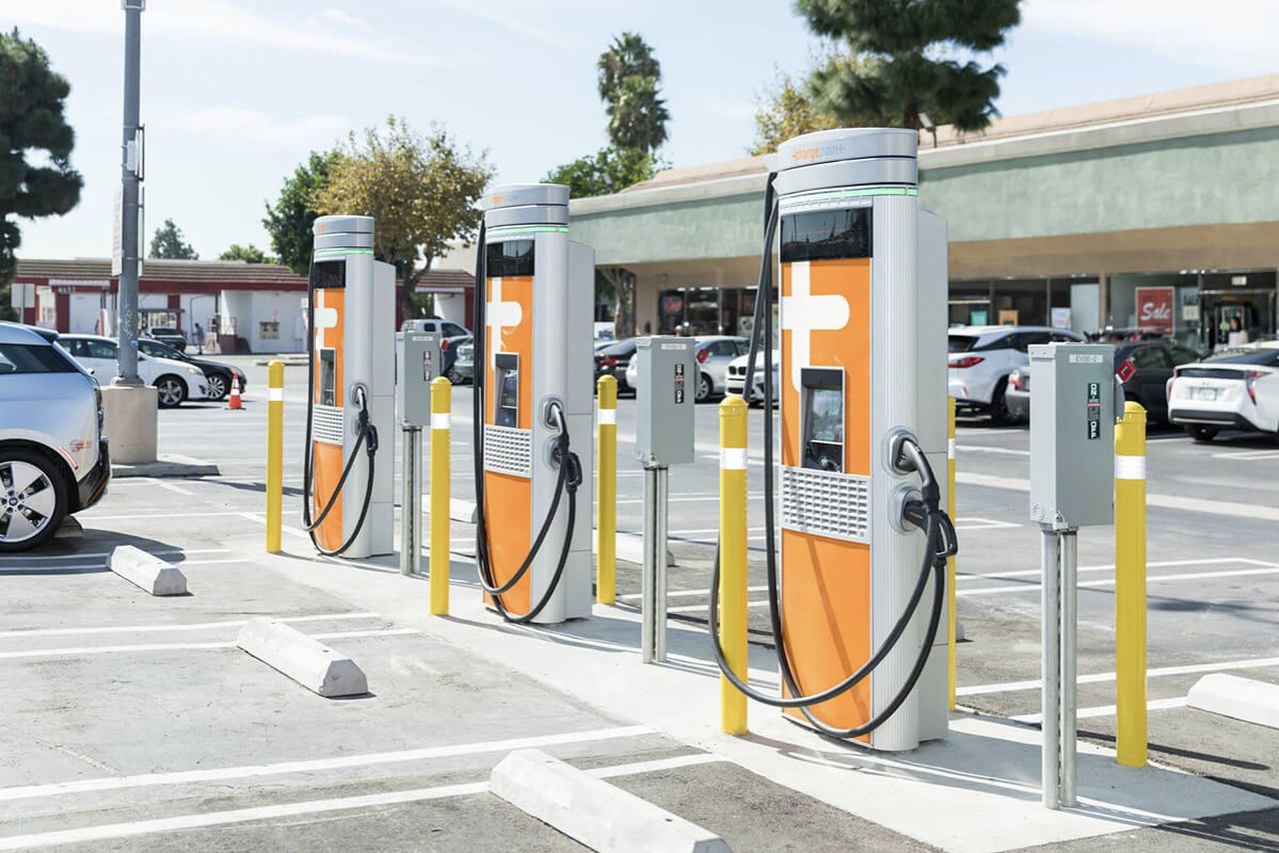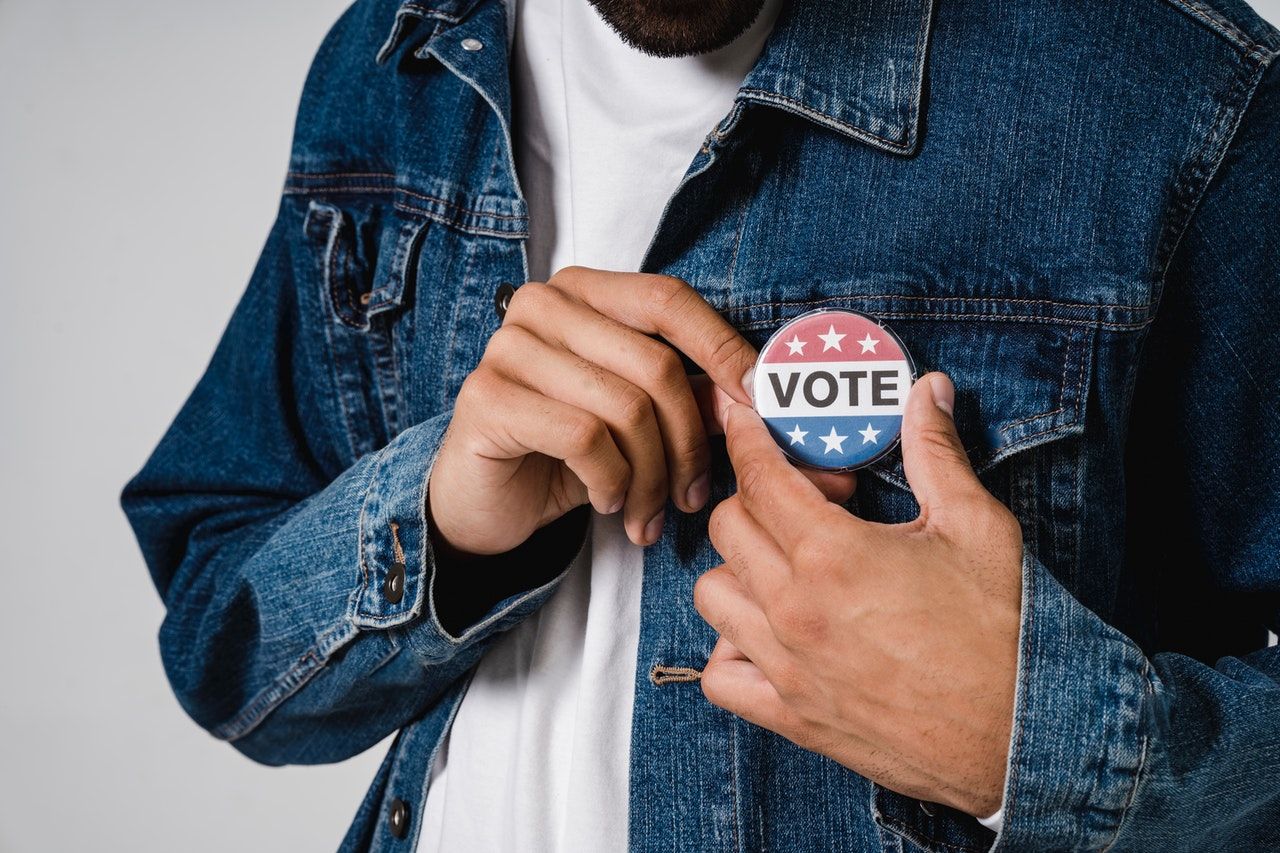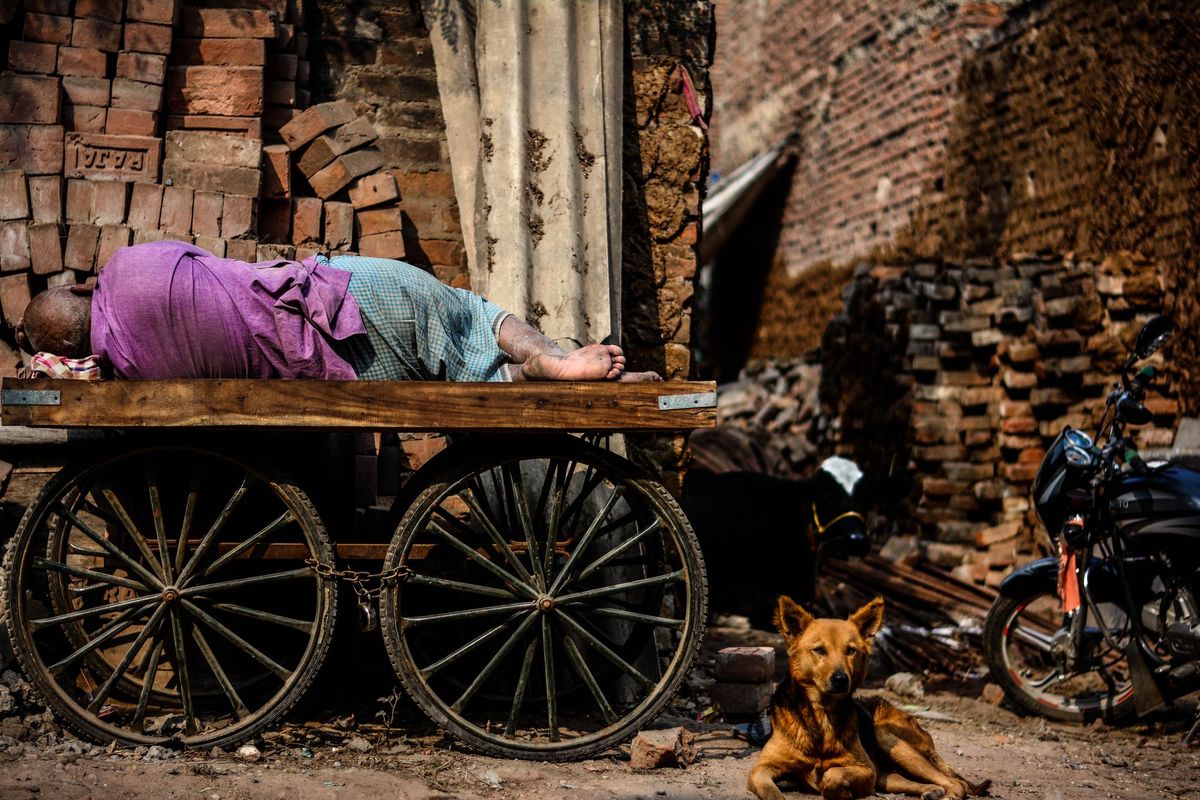Have you taken a look at the “help wanted” ads in the newspaper or online lately? Those ads seem to be divided into two sets: one for entry-level minimum-wage jobs with little prospect of advancement, and the other for those with college degrees and/or a wealth of experience. It is increasingly rare for one to get an entry-level job with a corporation wherein one can advance over decades and provide sufficient income for one’s retirement. Outside of federal, state, and local government careers, for the majority of those in the workforce today, the only retirement income they might get is Social Security, which itself might face insolvency after 2037.
Minorities, particularly those in the Black and Hispanic communities, are the most severely impacted by the lack of access to stable employment with prospects for advancement and retirement, and most find themselves bound in what is defined as the “poverty trap,” wherein the lack of economic means and lack of access to higher education and quality health care prevent the poor from being able to bootstrap themselves out of poverty.
Every society will be forced to decide whether to allow their unemployed to be forever bound in the poverty trap
In the modern world, the poverty trap is exacerbated by the relentless march of technology. How many supermarket cashiers have had their jobs replaced by “self-service checkout lanes”? Fast-food chains are cutting personnel costs by installing self-service order kiosks.
Perhaps most alarming is the long-term effect on gasoline stations in the decades to come, now that General Motors, Ford, Volkswagen, and several other automakers are all ending production of gasoline cars in the coming years. It appears that twenty years from now, gas-powered cars will be seen in the same light that typewriters are today, as relics of a bygone era. But gone with those gasoline-powered cars will be the gas stations, the mechanics who specialize in engine repair, the tanker-truck drivers, the employees at refineries, and everyone else whose job is inextricably tied into the logistical chain of today’s gas-powered automobiles.

That’s a lot of people whose careers will have dissipated in the winds of change. Every society will be forced to decide whether to allow their unemployed to be forever bound in the poverty trap, or to give them a real opportunity to rise out of poverty and work with the hope of a brighter future not just for themselves, but for their children, as well.
A Young Black Mayor’s Successful Experiment with Universal Basic Income
In February 2019, Mayor Michael Tubbs of Stockton, California, implemented the nation’s largest experiment with Universal Basic Income (UBI). A group of 125 residents whose income was at or below the median for the city were given $500 per month for two years, with no strings attached and no rules on how the money must be spent. When the program started, twenty-eight percent of the recipients had full-time jobs. At the end of one year, forty percent had full-time jobs, an increase of twelve percent. Compare this to the five percent increase in full-time employment by the rest of the city’s employable population.
Furthermore, recipients reported “lower incidences of anxiety and depressive symptoms,” and less than one percent of the money was spent on cigarettes and alcohol. Instead, the additional income appears to have been spent mostly on bills, groceries, and rent. By any sensible metric, it appears that for those in poverty, UBI truly is not a handout, but a hand up. Unfortunately, the implementation of UBI to those who need it most faces a great deal of opposition.
The Racist Roots of Opposition to Universal Basic Income in America
“They ain’t gonna get jobs—why should they, with all the free money they’re getting?”
My family ran a small clothing store in Shaw, Mississippi, a Delta town of perhaps two thousand residents, nearly all of whom were Black. If we didn’t see a customer for a week or two, we always assumed it was for the same reason, that the customer had hopped on a train or bus to Chicago to pick up a welfare check to add to the one we were sure they were receiving each month in Shaw. This assumption had little to do with either the endemic poverty of Shaw or the obvious improbability that welfare checks in Chicago were somehow large enough to justify paying for a round-trip ticket to go get it; instead, the assumption had everything to do with race. We were absolutely sure that while many Black people did work, most of them were just living high on the hog on the combination of the two welfare checks.
This assumption was the mindset of every white person I knew, including my family and myself: “give a poor person money and he’s not going to get up off his butt and get to work.” We applied that metric to almost every Black man and woman we knew, and blamed them for their own poverty, for their own hardships. As for the few white families who were poor, we told each other that they were hard workers who had simply fallen on hard times.
The story resounded so deeply with racist white people that it became an indelible part of their worldview
This is why the white community of the Delta stood as one for Ronald Reagan when he came to Philadelphia, Mississippi—where three civil rights workers had been lynched sixteen years before—to give a campaign speech. He won over Mississippi’s white community in 1976 by pushing his “welfare queen” narrative in his campaign against Gerald Ford. The story resounded so deeply with racist white people that it became an indelible part of their worldview, reinforced time and again in the social media echo chambers of the day: family gatherings, church meetings, and even barbershops.
As for myself, I was only able to realize the falsity of Reagan’s welfare queen claims nearly a full decade after having left the Delta to join the Navy and see the world. It was during that journey that I learned in no uncertain terms why Mark Twain famously stated that travel is fatal to bigotry, and I lament to this day how my family there embodied his warning that prejudice and narrow-mindedness were the unavoidable results of “vegetating in one little corner of the earth all one’s lifetime.”
Before Reagan, there were attacks against programs such as UBI, but such attacks were always couched in terms such as “defending America against socialism.” In his frustration at the intransigence of the opposition party, President Truman noted,
“Socialism is a scare word they have hurled at every advance the people have made in the last twenty years. Socialism is what they called public power. Socialism is what they called social security. Socialism is what they called farm price supports. Socialism is what they called bank deposit insurance. Socialism is what they called the growth of free and independent labor organizations. Socialism is their name for almost anything that helps all the people.”
But President Reagan made it not about socialism, but about race.
What Is the Data Concerning UBI?
While the Stockton experiment is the largest implementation of “true UBI” in America, there are several other closely related instances of guaranteed income, most notably the annual checks given to all Alaska residents as part of the Alaska Permanent Fund, financed by oil revenues. In every instance, there was little or no negative effect to employment, but positive effects ranging from increased education and mental health to decreased addiction and crime were often reported. More importantly, the same positive effects have been reported in most other nations where UBI has been provided for those in poverty.
In other words, if properly implemented, UBI works. UBI gives those in poverty more opportunity to find and keep full-time employment and gives them and their children hope for a better future. And even those who oppose the very idea of giving people in poverty money with no strings attached will likely find it increasingly necessary in the years to come, as technological “improvements” eliminate more and more of what would have been stable careers.

The only real option, then, is to win elections. If we are to have enough lawmakers to enable passage of UBI for the American people and for generations to come, we must join together to relentlessly fight and overcome the voter suppression laws largely intended to prevent People of Color from voting. Winning the elections is the key.
What can happen if we don’t elect enough forward-thinking lawmakers to enact UBI? Consider the factors mentioned above, and add in the facts that today, two men—Jeff Bezos and Elon Musk—combined own more wealth than the bottom forty percent of the American population, and the 664 billionaires in America together gained $1.3 trillion dollars during the pandemic. Those who do not recognize the problem in those numbers should be made aware of an observation made by the Greek historian Plutarch: “An imbalance between rich and poor is the oldest and most fatal ailment of all republics.”
Note that when this observation was made nearly two thousand years ago, income inequality had already been long considered a clear and present danger to a nation’s viability, without even getting into the effects of racism, and those familiar with world history know that such financial inequity played a crucial part in almost every revolution ever since, including a certain revolution that occurred in 1776. Bottom line: income inequality hurts us all, and UBI is a way out.
Photo by Harsh Kushwaha at Pexels












